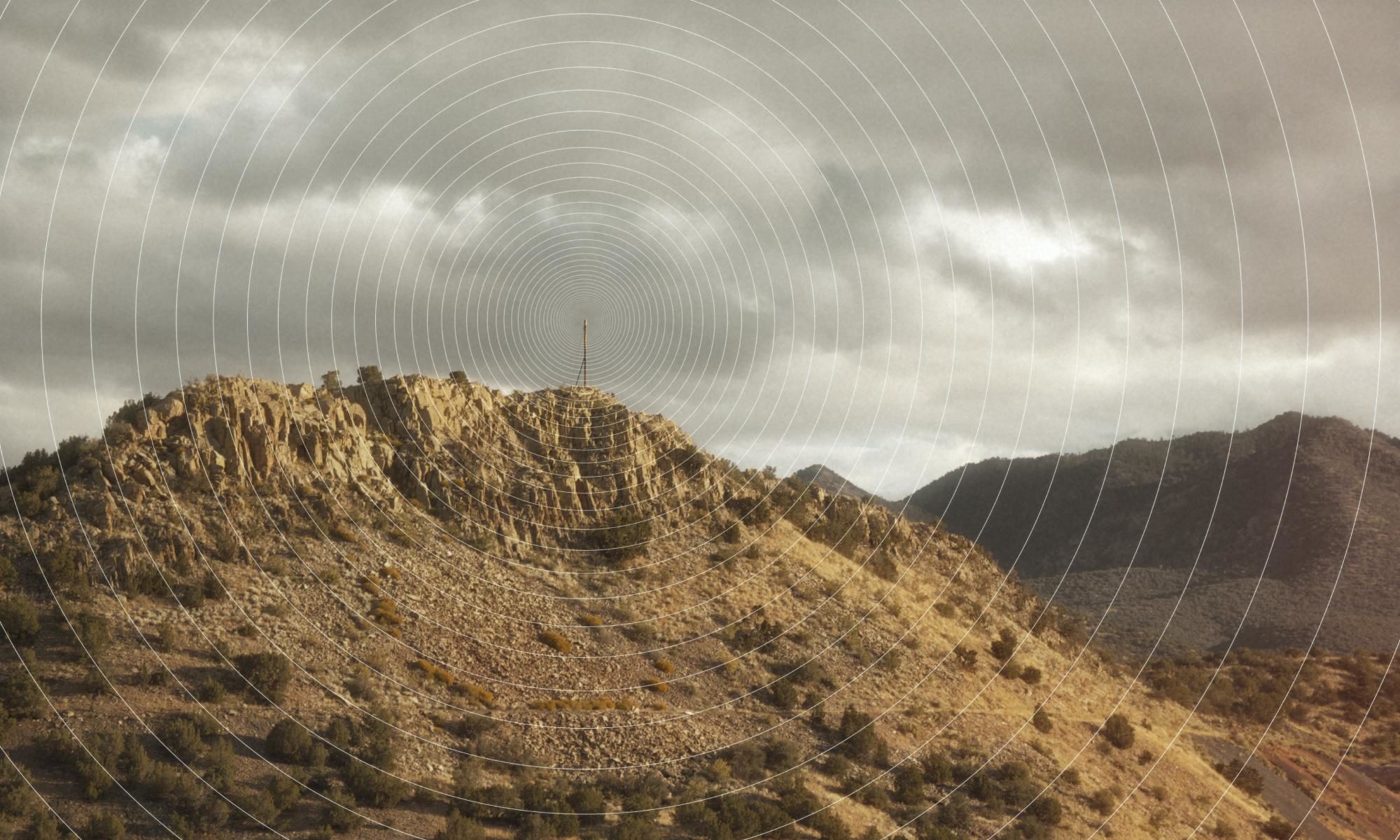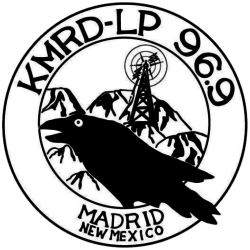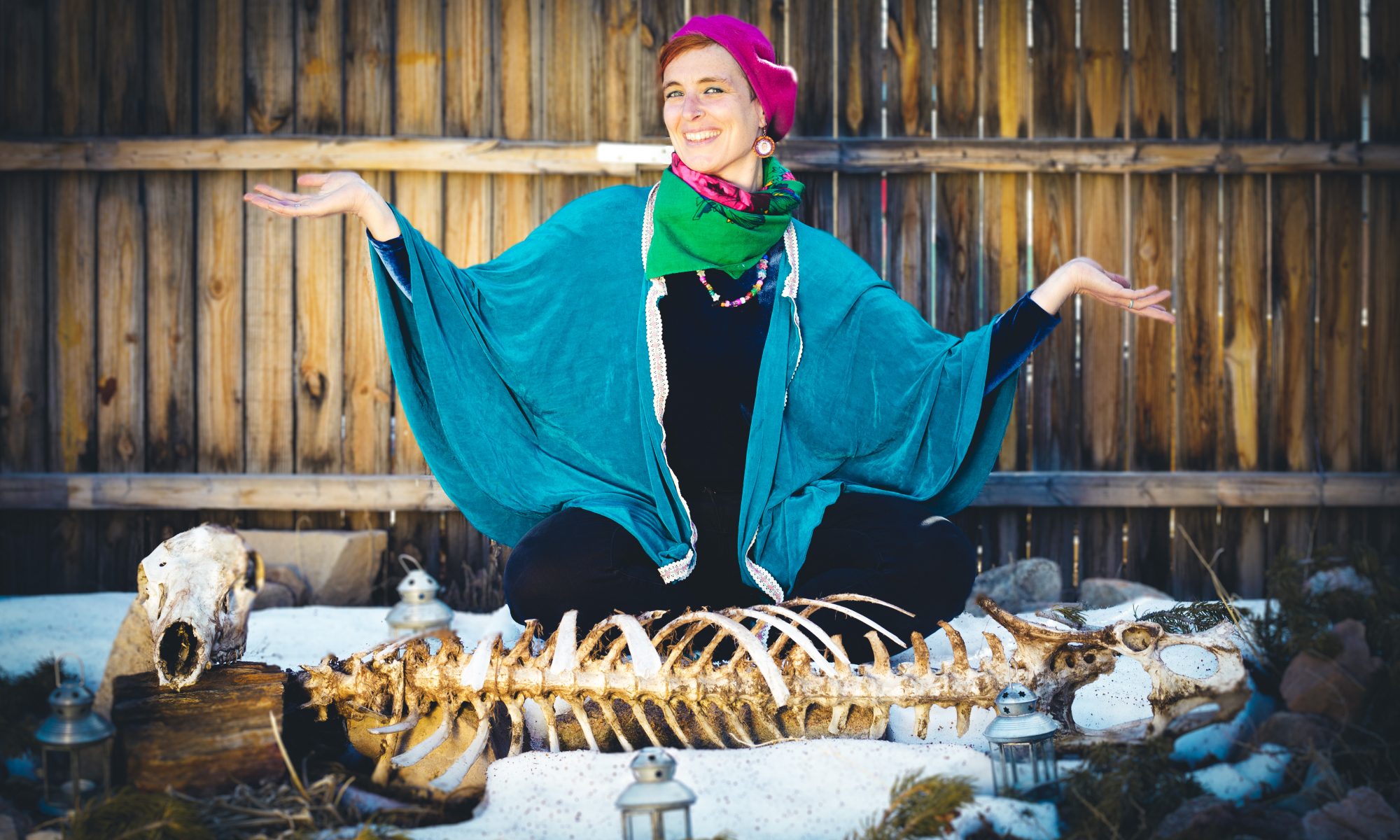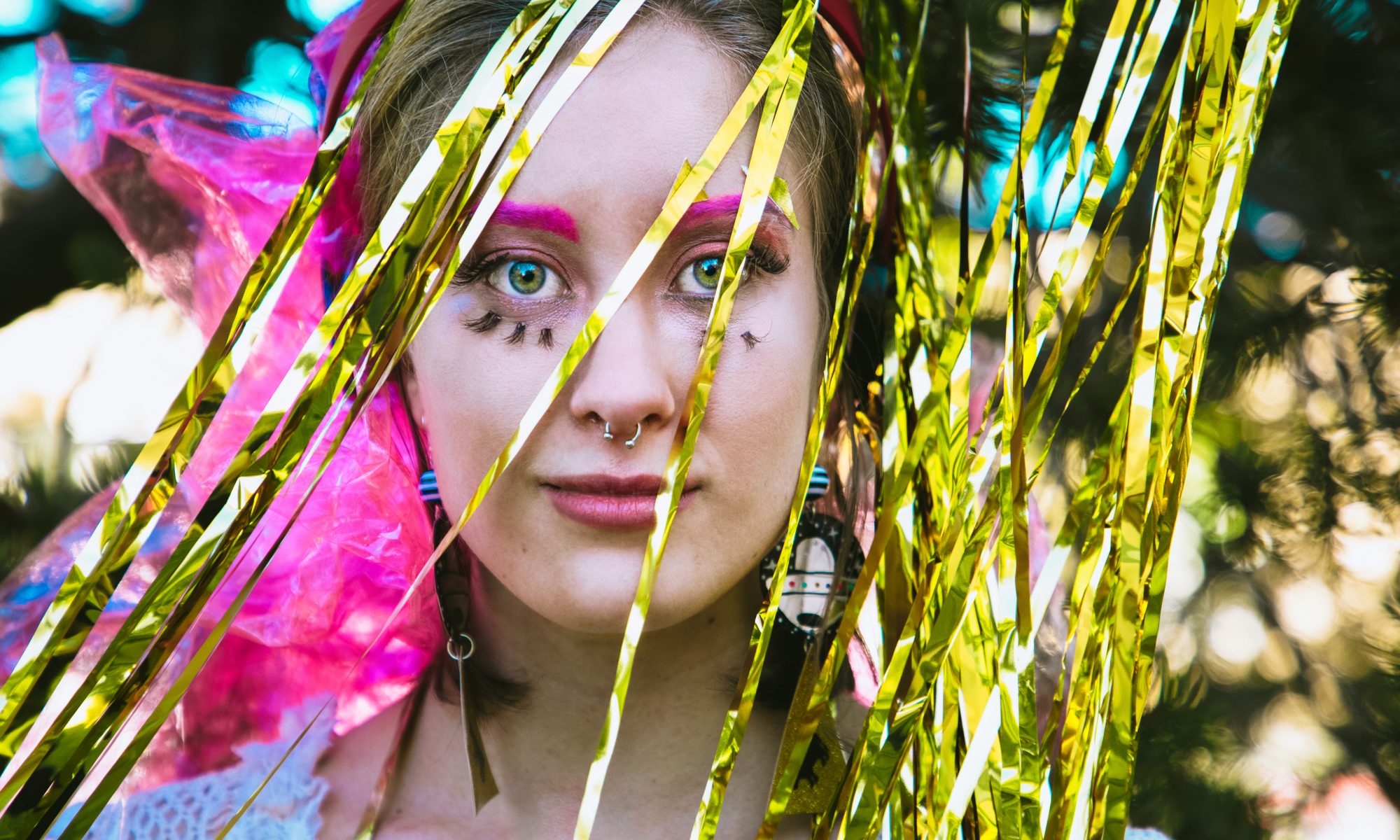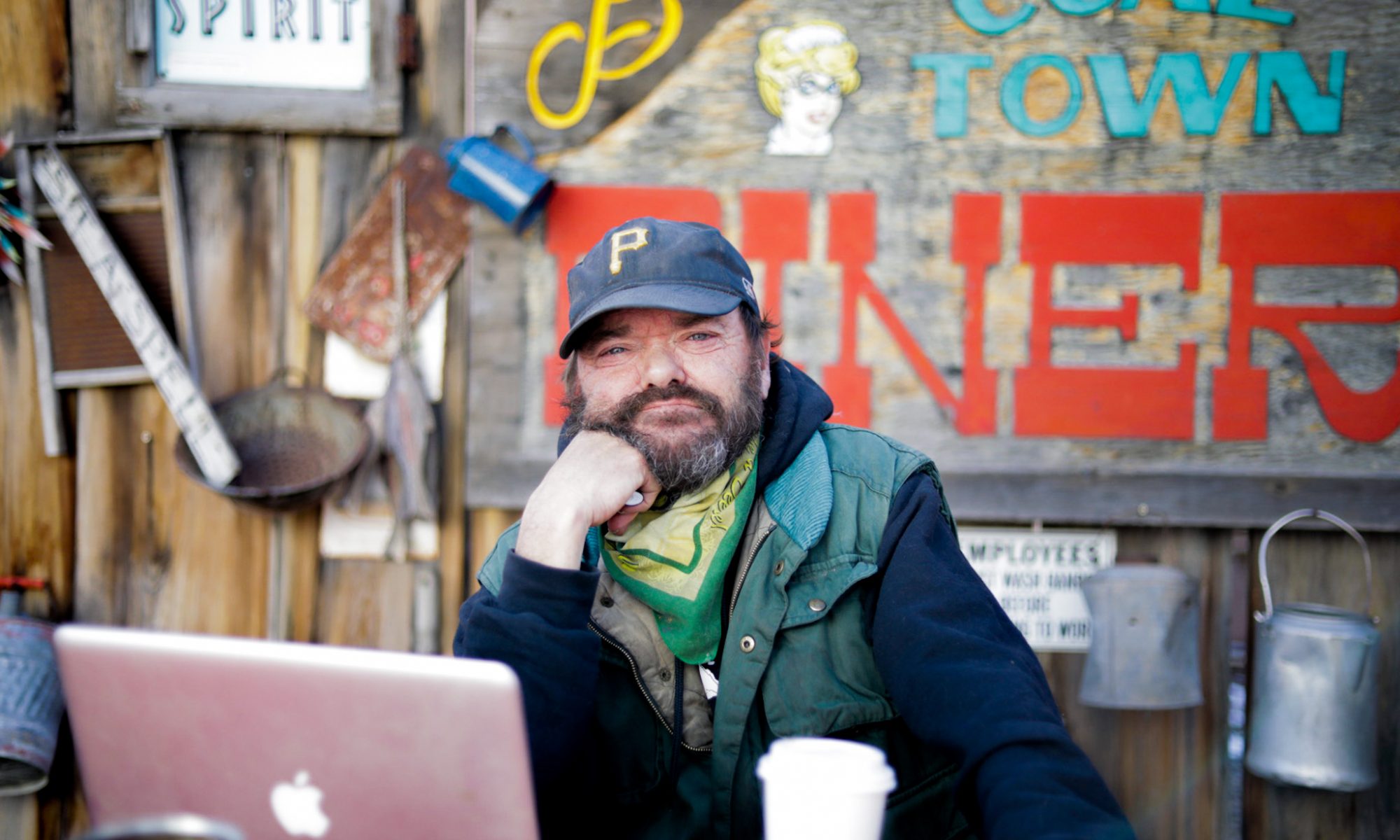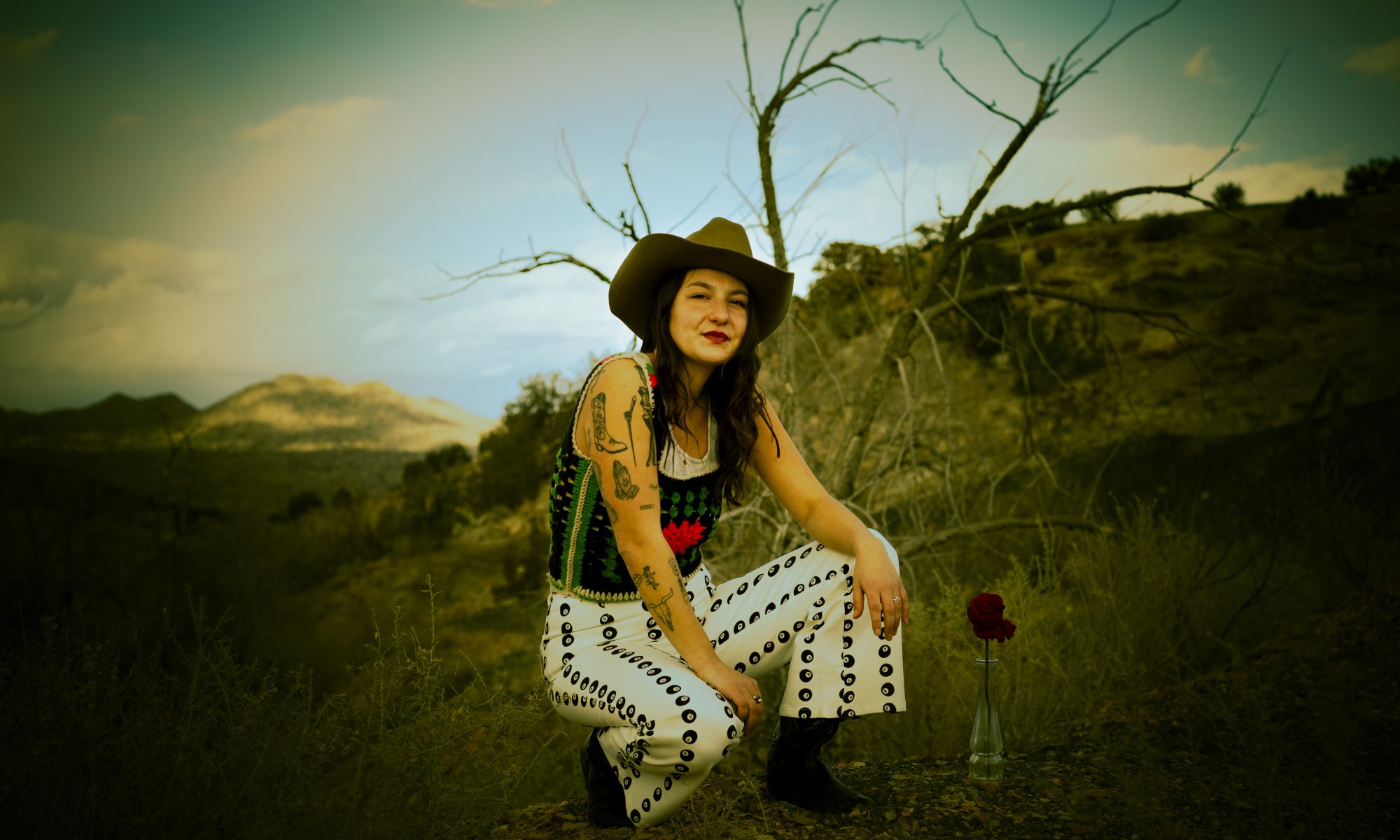What is your name and DJ name?
Zach Maloof, OG Willikers. I perform as OG Willikers, that’s my emcee name, or hiphop name, or stage name, or alter ego – whatever you want to call it.
What is the name of your show and when is it on?
Rhyme Schemes with OG Willikers, 7-8pm on Tuesdays.
Please describe your show. What is its format?
The tagline I came up with organically: “Underground hiphop from the Southwest and beyond.”
Underground hiphop is the underground network of independent artists that either don’t do it full time, or have done it lifelong but have never made a career out of it. It’s a network of DJs, and emcees, and promoters and club owners, and a lot of those people are kind of the same thing. So collaboration is a huge element, and that’s kind of what this show is – it’s me playing musicians I know, have worked with, or are part of this underground network.
What drew you to participate in KMRD?
I’ve been DIY since Warehouse 21 days in Santa Fe, when I was a 14 year old kid and I was learning how to promote and book concerts. I’m 34 now, so that’s 20 years now that I’ve been involved in DIY, underground. Back then it was punk rock, I didn’t really do the hiphop thing til my twenties. I was a promoter, event organizer, did tour booking, and that all went away, but I have this thriving network of awesome people I’ve met and I loved growing it. It was just so fun to meet new people, and put all the dots together. So when that ended, I was drawn to this, because it’s like a pivot during COVID – this was my way of still being able to give these people a platform, and be heard.
What drew me to participate was also wanting to be more involved in this community. Instead of just being someone who lives here and takes up space, I wanted to contribute and share and get to know people, and it’s helped build a sense of camaraderie with, “Oh, what do you play on your show?” “How do you do that?” “Do you need me to edit that track for you? I’ll do that for you.” It’s just a fun thing for everyone to talk about, and have in common. One friend plays Texas country music (Dirt Devil, Fridays 11am-noon) but we still chill and talk about the radio shows, and it’s fun. I don’t listen to that music, I don’t really want to, but because it’s her show I enjoy it. I imagine as much as I get out of it – I can express myself – I can imagine other people feel the same way. So that’s what I think is so cool, that we can all kind of share ourselves in this community, get to know each other in a fun way.
What is the appeal of doing a radio show? How does it fit into the rest of your life?
I have this network of artists I was booking and working with and building with, and my monthly event, which is kind of the biggest thing I’ve ever done, a culmination of all my skills. It was this awesome thing – that’s the thing that still makes me really sad with COVID and everything, that one really still stings. But I was booking around five artists, once a month, from all over the country. Now, with this show, I play seventeen artists a week. So that’s really cool, how that’s exponentially grown. And it’s really showing in my social media feeds, and even now when I’m releasing music, I have all these people who are like, “Hey, he played my track! That’s cool, I’ll check out his music.” We’re all kind of sharing, and in a way that’s been really cool, how this has actually helped me with my platform as well.
What difference has being a DJ made in your life?
I’ve been a big fan of music for so many years, and I’ve always enjoyed all these other artists. I’ve seen everyone live so many times, but this has been an experience where I’m sitting there and paying very close attention to their recorded works. Their records, their discographies… I can see their strategies even: that person released that single, and then they released another one this month, and then they released an album. Just seeing how everyone moves. I feel like a lot of underground artists in my position, we’re just so busy working on our own craft that we’re not really as aware of how other people even in our own bubbles are really doing things. So for me, I’m getting so many insights. I’ll be digging through artists I know very well’s music and I’ll see someone they worked with, click on that and realize that that person worked with this other person I know, and the network just gets more woven. I discover more and more music that way. I’m digging – I was never a sample-digger, but this – I definitely relate to digging because I’m like, “I gotta find that hot track for my playlist this week, I need something fresh!” It’s been very enriching to me.
What are your hopes for your show?
It’s what I hoped for, I like it as it is, I like that it’s growing, I like meeting new artists. I hope that when the world opens up I get to meet a lot of the newer artists I’ve discovered through this show, that I get to actually work with them, and grow.
What are your hopes for the station?
I hope that COVID goes away soon and that we can start doing more activities, and grow on another level: grow physically, not just over the airwaves.
